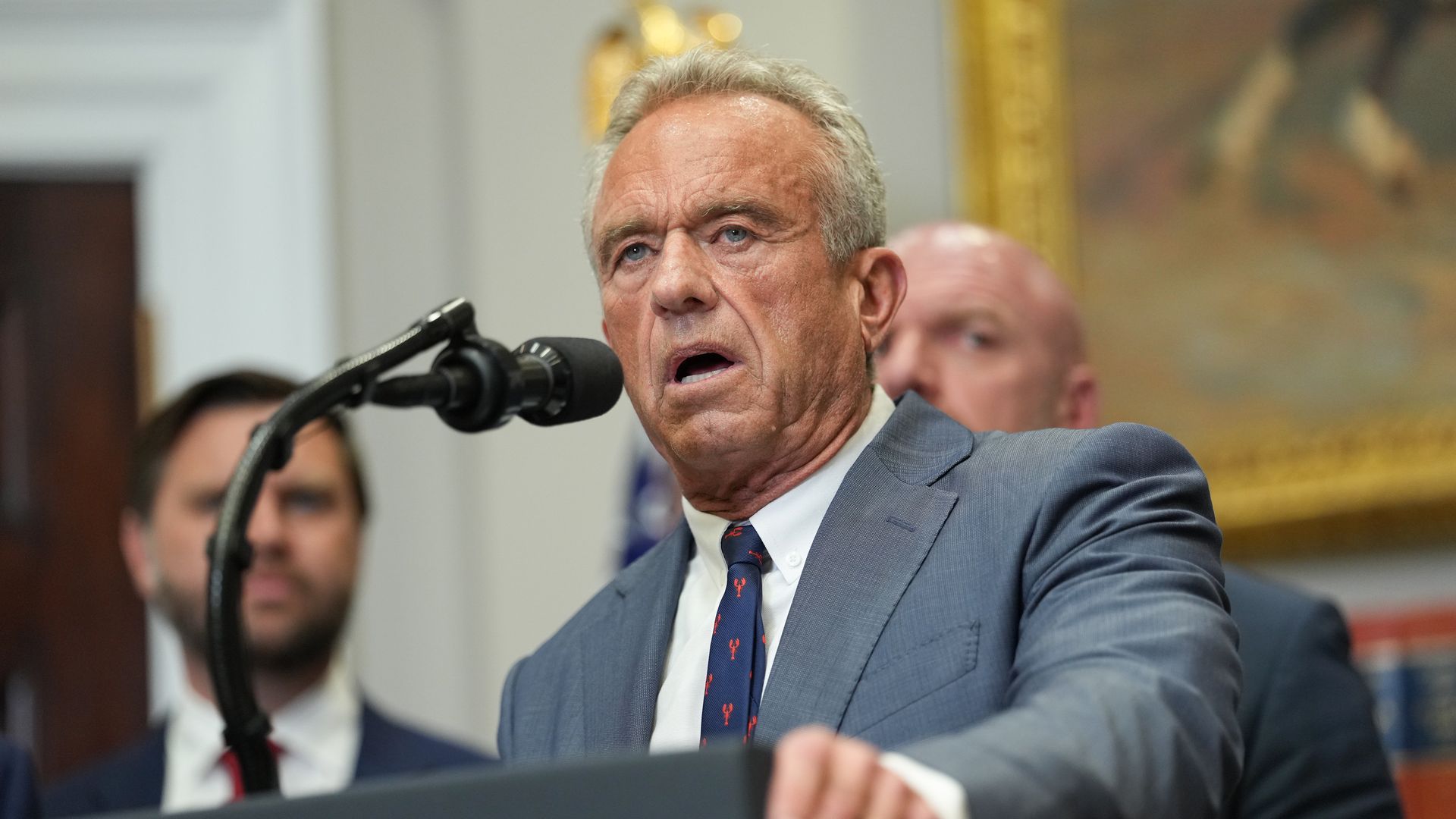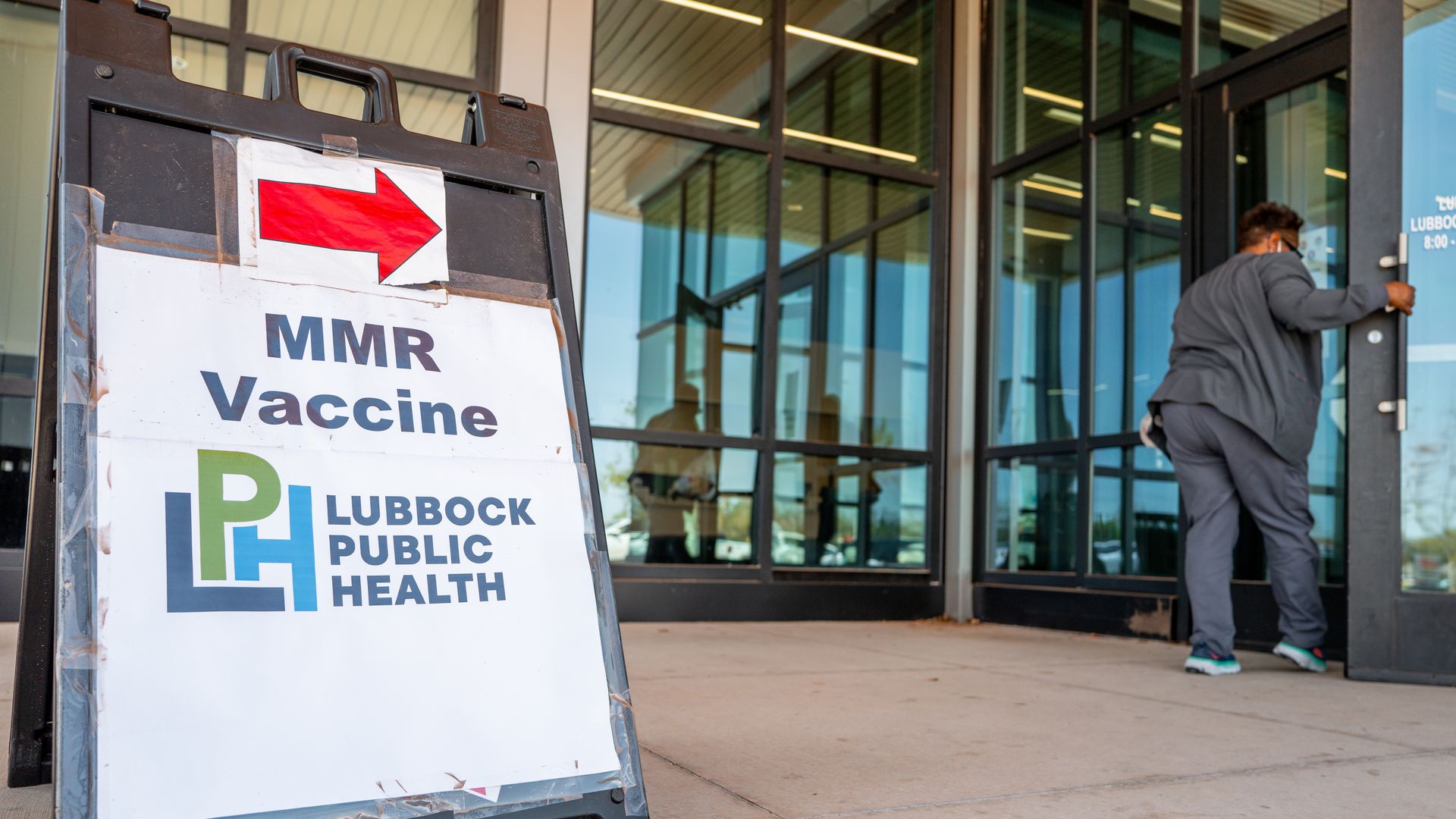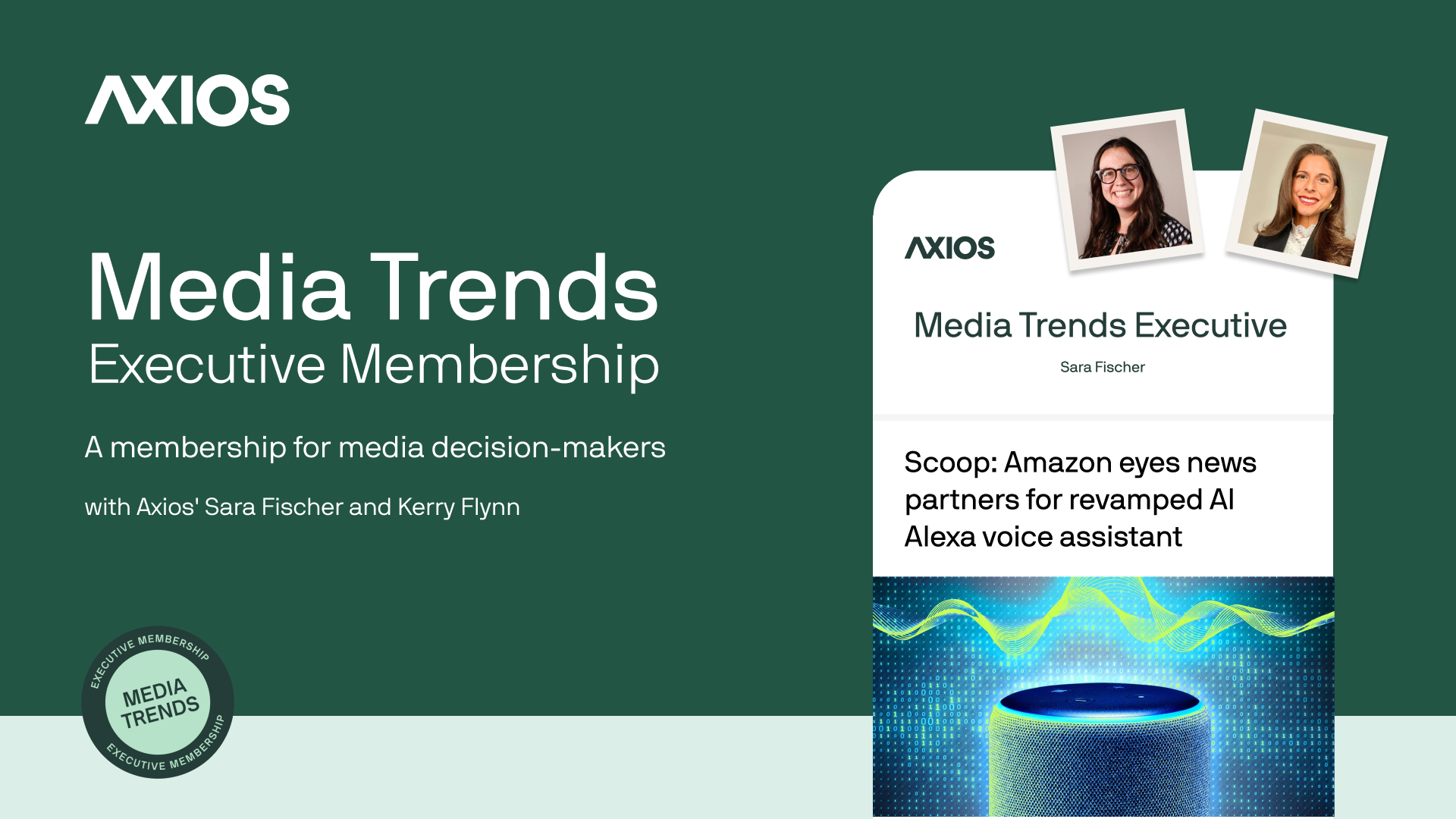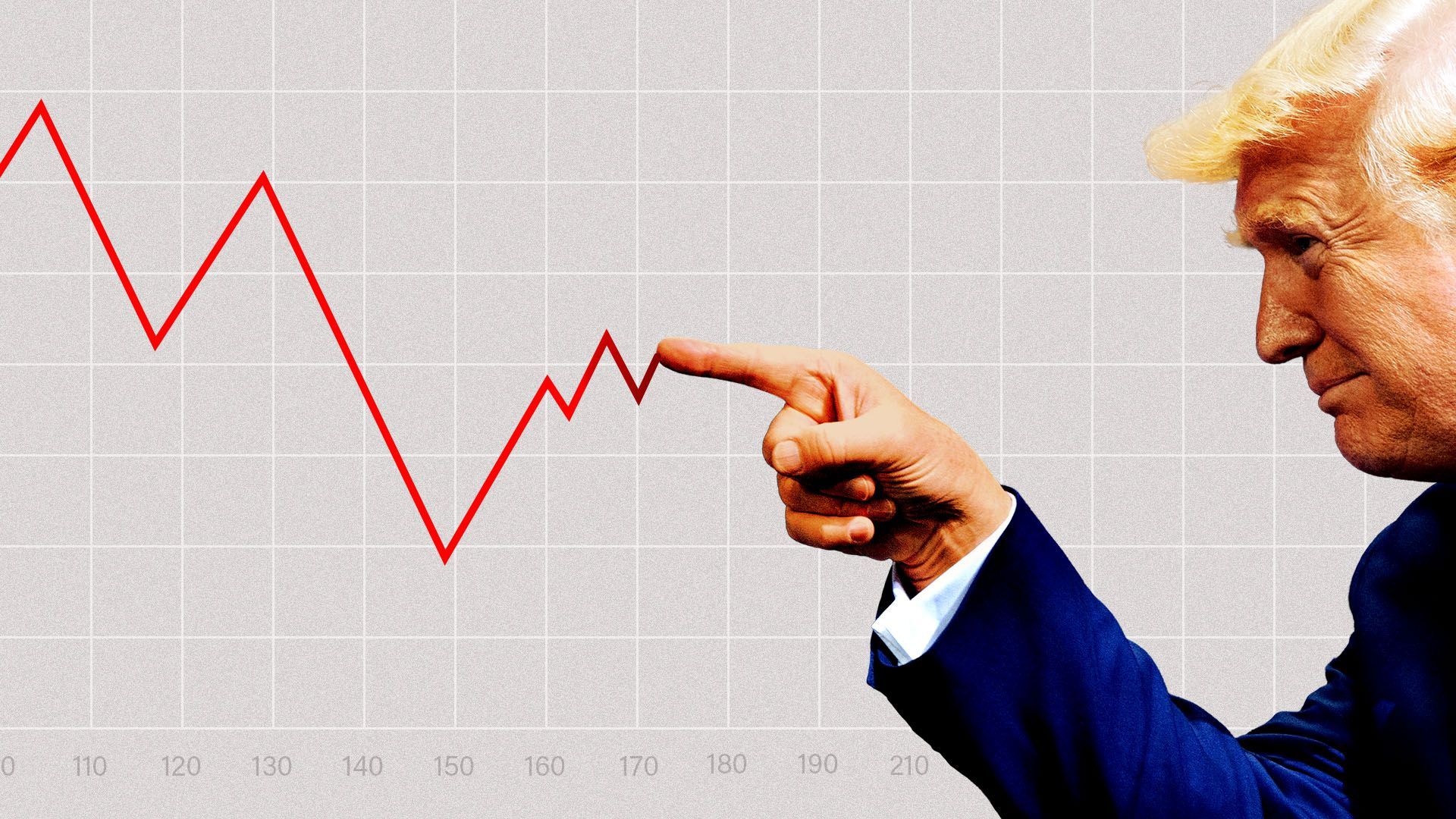|
||
| Axios Vitals | ||
| By Maya Goldman and Tina Reed · Aug 19, 2025 | ||
|
Good Tuesday to you. Today's newsletter is 1,060 words or a 4-minute read. |
||
| 1 big thing: Abortion pill fight reaches pharmacy CEOs | ||
| By Maya Goldman | ||

|
||
|
Illustration: Sarah Grillo/Axios |
||
|
A year after the Supreme Court preserved abortion pill access, the fight over dispensing mifepristone is shifting from courtrooms to boardrooms as anti-abortion forces press pharmacy chains not to sell the drugs. The big picture: Costco last week said it won't stock mifepristone at its more than 500 pharmacies. Conservative groups are pushing other pharmacies — including Walgreens and CVS, which offer the pills in states where abortion is legal — to follow suit.
Between the lines: Pharmacy chains were destined to be involved after the FDA in 2023 allowed retailers to apply for certification to dispense mifepristone, which is part of a two-step protocol used to medically end a pregnancy through 10 weeks.
State of play: Costco says it won't pursue approval to dispense mifepristone because demand for the drug is low. The company's understanding is that patients generally get the drug directly from their medical providers, it said in an email. But the decision, which reportedly came after more than a year of deliberations, is one anti-abortion groups have been pushing for. It extends beyond Costco's membership, since nonmembers can fill prescriptions at its drug counters. |
||
|
|
||
| 2. Vax panels lacked conflicts before firings | ||
| By Tina Reed | ||

|
||
|
Kennedy at the White House in July. Photo: Eric Lee/Bloomberg via Getty Images |
||
|
There were "historically low" conflicts of interest on a key CDC vaccine advisory committee before Health Secretary Robert F. Kennedy Jr. ousted 17 of its members in June, claiming they were a "rubber stamp for industry," USC health researchers wrote in JAMA Network yesterday. Why it matters: Kennedy has claimed the vast majority of outside experts on CDC's Advisory Committee on Immunization Practices and the FDA's Vaccines and Related Biological Products Advisory Committee have financial stakes in regulatory decisions, including receiving income from drugmakers. What they found: Researchers from the USC Schaeffer Center for Health Policy & Economics analyzed 2000-2024 meetings of ACIP and VRBPAC, when they typically met three or four times a year.
Of note: The most frequently reported conflict was research support. The prevalence of conflicts related to personal income such as consulting, stock, royalties or ownership was less than 1% for both committees since 2016, the researchers report.
|
||
|
|
||
| 3. Texas measles outbreak declared "over" | ||
| By Tina Reed | ||

|
||
|
Photo: Brandon Bell/Getty Images |
||
|
The Texas health department declared the state's measles outbreak over after no new cases were reported in 42 days. Why it matters: The outbreak cost the state $10 million and rattled the Trump administration, which was was roundly criticized for a sluggish early response to one of the worst outbreaks in decades.
The outbreak shows just how easily the virus can burn through a community with low vaccination rates, said Phil Huang, director of the Dallas County health department.
Go deeper: What to know about U.S. measles cases |
||
|
|
||
|
A MESSAGE FROM AXIOS |
||
| Go deeper with Media Trends Executive Membership | ||

|
||
|
The Media Trends Executive Membership connects modern digital media and marketing leaders to expert insights, actionable data and premier industry connections—all designed to tackle the pressing challenges of today. Curated by award-winning Axios senior media correspondent Sara Fischer and media reporter Kerry Flynn, this exclusive membership is your guide to navigating and shaping the future of media. |
||
| 4. Trump's war on health numbers | ||
| By Erica Pandey | ||

|
||
|
Illustration: Sarah Grillo/Axios. Photo: Brendan Smialowski/AFP via Getty Images |
||
|
The Trump administration is undermining or has stopped collecting key nonpartisan data that kept the public informed about the state of the nation and its health. Why it matters: From Congress to city halls to boardrooms, critical decisions rely on accurate government data and public trust in that data. Without it, leaders risk making costly mistakes that could affect millions of people. Health data of all kinds is evaporating, either as a result of government orders to eliminate diversity, equity and inclusion or due to staffing cuts, the Washington Post reports.
The bottom line: While some states and private organizations are stepping in to fill gaps left by federal agencies, the loss of government numbers and the erosion of public trust in those numbers could have lasting consequences. |
||
|
|
||
| 5. Catch up quick | ||

